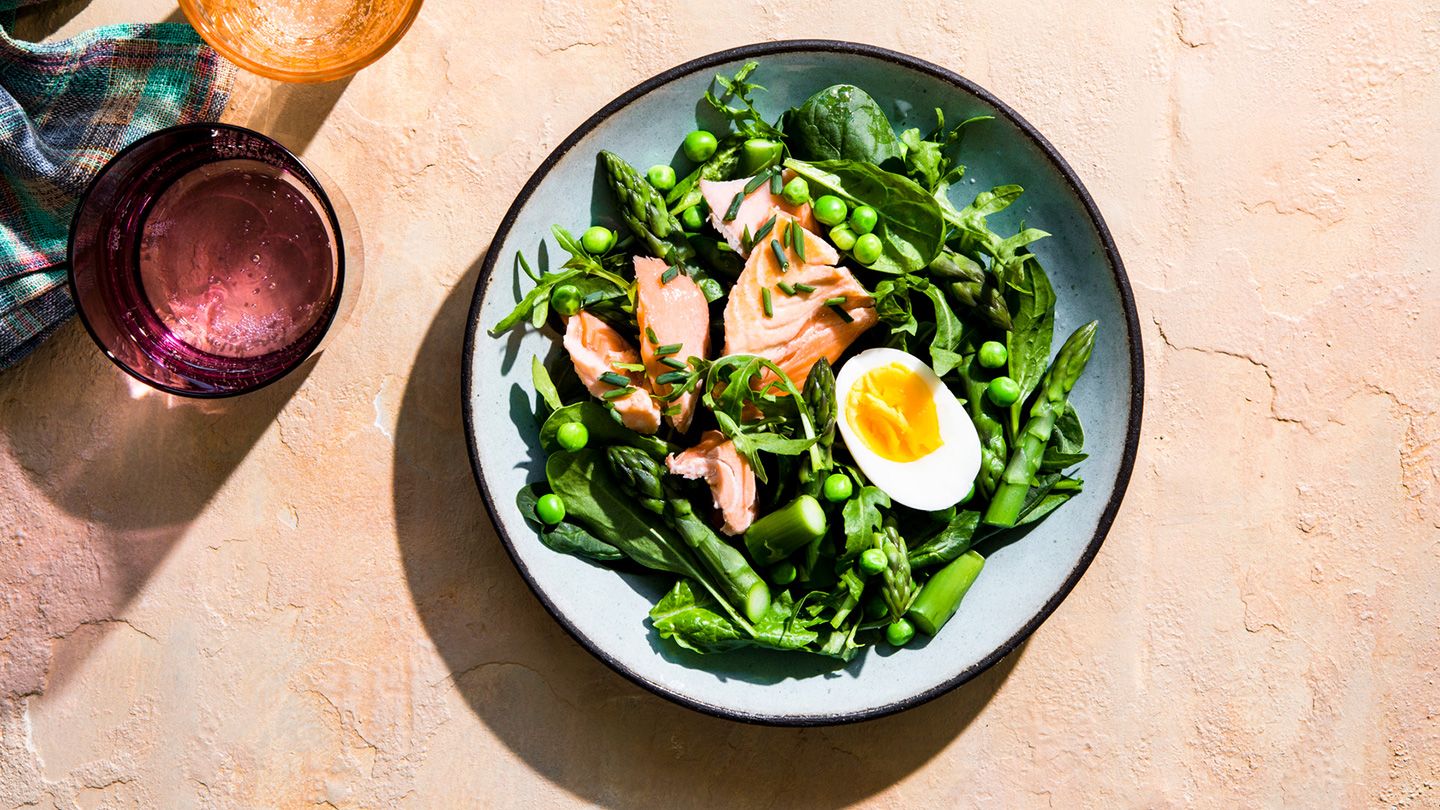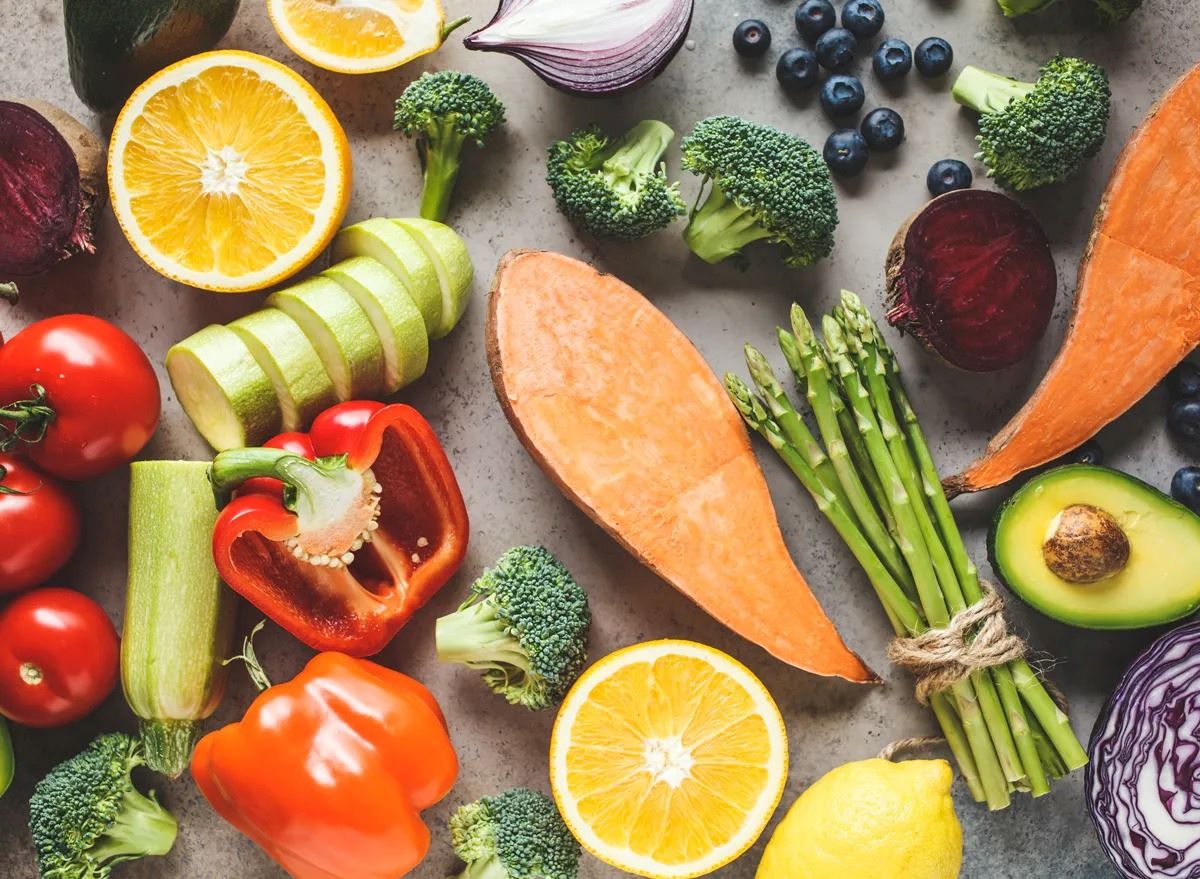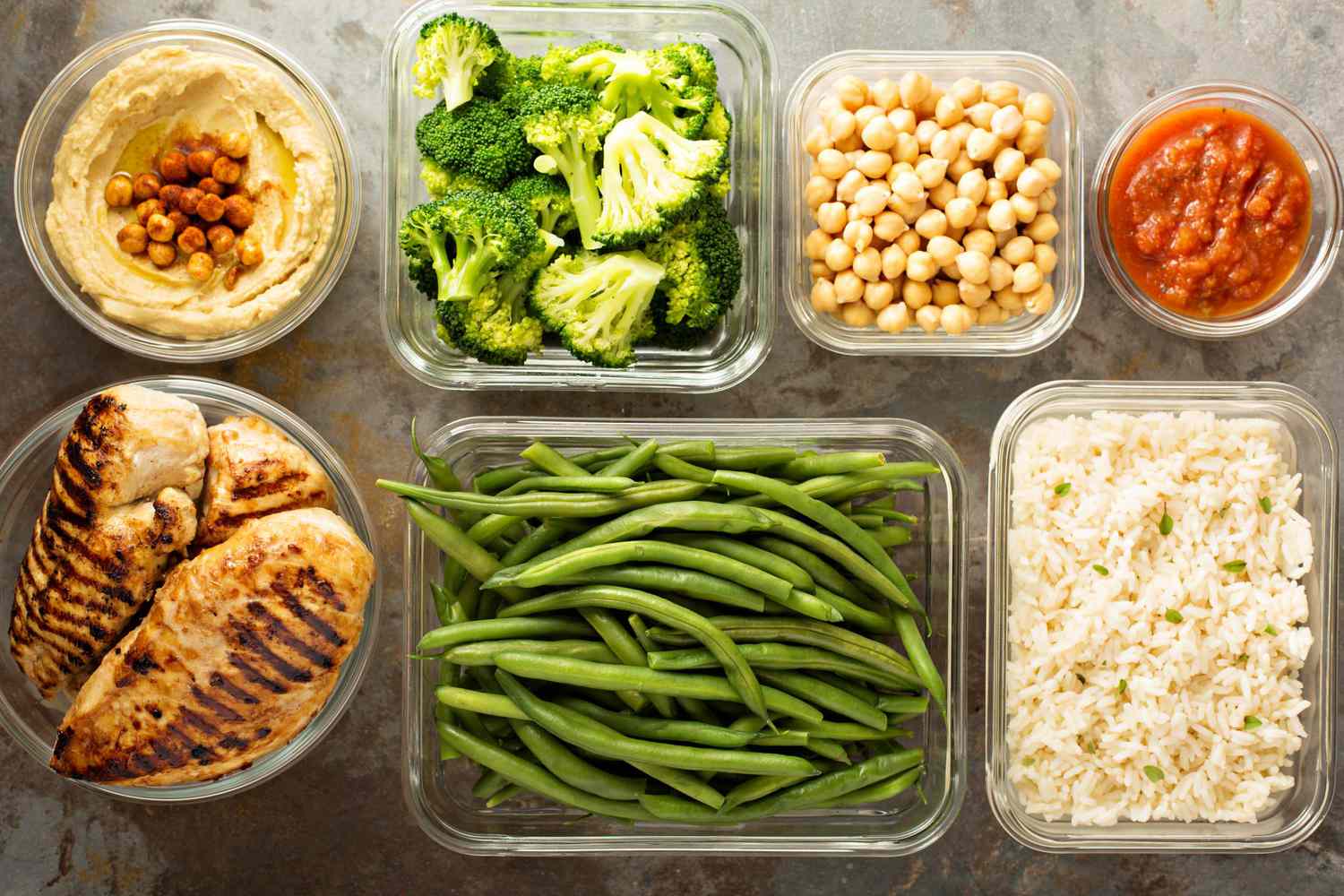As women age and go through menopause, their bodies undergo significant changes, including a decrease in metabolism and an increase in fat storage. This can make it more challenging to lose weight and maintain a healthy body weight. However, with the right approach to nutrition, it is possible to eat in a way that supports weight loss and overall health during and after menopause.
Understanding the Changes
Menopause brings about hormonal changes that can affect a woman's body composition and metabolism. The decrease in estrogen levels can lead to an increase in abdominal fat, which is associated with a higher risk of chronic diseases such as heart disease and diabetes. Additionally, the decline in muscle mass and bone density can impact overall health and mobility.
Focus on Nutrient-Dense Foods
Eating a nutrient-dense diet is crucial for supporting weight loss and overall health after menopause. Nutrient-dense foods provide essential vitamins, minerals, and antioxidants without excess calories, making them ideal for supporting weight management. Some examples of nutrient-dense foods include:
- Fruits and Vegetables: These are rich in fiber, vitamins, and minerals, and low in calories, making them essential for weight management.
- Lean Proteins: Incorporating lean sources of protein such as chicken, fish, tofu, and legumes can support muscle maintenance and overall satiety.
- Whole Grains: Opt for whole grains such as quinoa, brown rice, and oats, which provide fiber and essential nutrients.
- Healthy Fats: Include sources of healthy fats such as avocados, nuts, seeds, and olive oil for their beneficial effects on heart health and satiety.
Balancing Macronutrients
In addition to focusing on nutrient-dense foods, it's important to pay attention to the balance of macronutrients in your diet. Protein is particularly important for supporting muscle mass, which can decline with age. Including a source of protein in each meal can help support muscle maintenance and promote satiety.
Carbohydrates should primarily come from whole, unprocessed sources such as fruits, vegetables, and whole grains. These sources of carbohydrates provide essential nutrients and fiber, which can support digestive health and overall well-being.
Fats should be primarily from sources such as avocados, nuts, seeds, and olive oil. These healthy fats can support heart health and provide a sense of fullness after meals.
Portion Control
After menopause, it's common for women to experience changes in appetite and hunger cues. Practicing portion control can help manage calorie intake and support weight loss. Some strategies for portion control include:
- Using smaller plates and bowls to create the illusion of larger portions.
- Being mindful of portion sizes when dining out or eating packaged foods.
- Listening to hunger and fullness cues to avoid overeating.
Stay Hydrated
Drinking an adequate amount of water is essential for overall health and can support weight loss efforts. Sometimes, thirst can be mistaken for hunger, leading to unnecessary calorie consumption. Aim to drink at least 8 glasses of water per day and more if you are physically active or live in a hot climate.
Mindful Eating
Practicing mindful eating can help with weight management after menopause. This involves paying attention to hunger and fullness cues, eating slowly, and savoring each bite. By being more mindful during meals, you can prevent overeating and make more conscious food choices.
Regular Physical Activity
In addition to making dietary changes, incorporating regular physical activity into your routine is essential for weight management after menopause. Engaging in activities such as walking, swimming, yoga, or strength training can support muscle maintenance, bone health, and overall well-being.
Final Thoughts
Losing weight after menopause can be challenging, but with the right approach to nutrition and lifestyle, it is achievable. By focusing on nutrient-dense foods, balancing macronutrients, practicing portion control, staying hydrated, and incorporating regular physical activity, women can support their weight loss goals and overall health during and after menopause. It's important to consult with a healthcare professional or a registered dietitian before making significant changes to your diet, especially during this stage of life.











